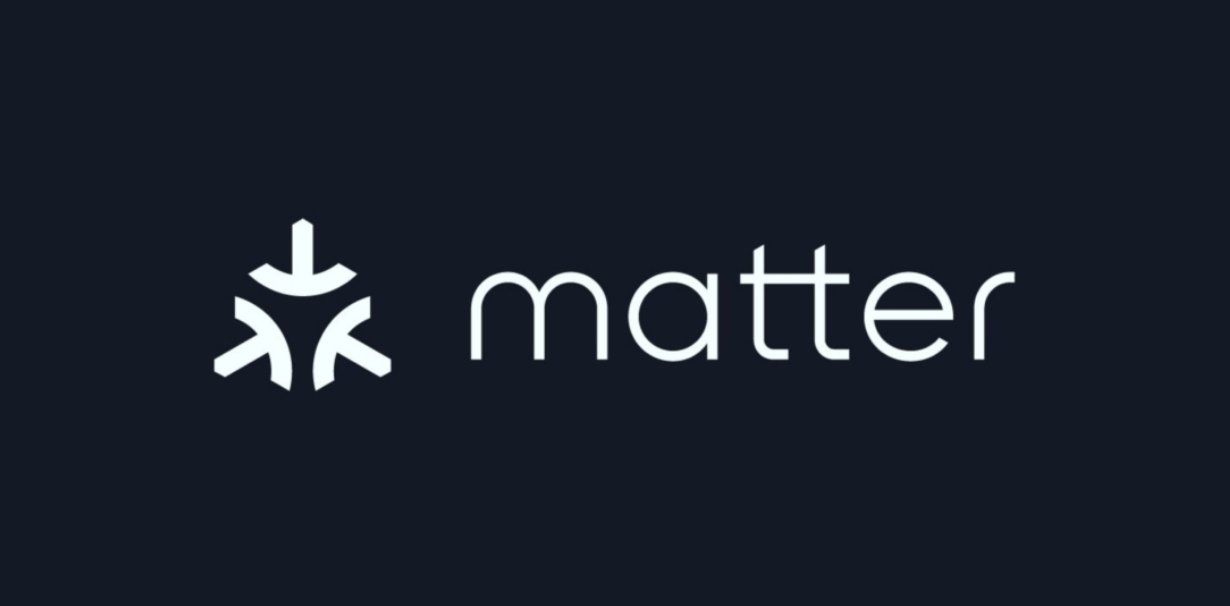Matter 1.3 is Coming Out Spring 2024. Here's What to Expect
Spring 2024 is the expected timeframe for the release of Matter 1.3. This revision to the standard is likely to build upon the previous version, adding further interoperability, support for new device categories, and security enhancements.

Please note: This page may contain affiliate links. Read our ethics policy
First issued in October 2022, version 1.0 of Matter marked the first stage of collaboration between the members of the Connectivity Standards Alliance. This comprised of Amazon, Apple, Google, and the Zigbee Alliance, with IKEA, Huawei, and Schneider joining later.
Aiming to bring improved interoperability, compatibility, and security into smart home and Internet of Things hardware, a biannual release schedule has been established; the last update was in October 2023.
Spring 2024 is the expected timeframe for the release of Matter 1.3. This revision to the standard is likely to build upon the previous version, adding further interoperability, support for new device categories, and security enhancements.
While specific details about Matter 1.3 are yet to be announced, we can derive likely new features thanks to the Matter GitHub page.
Key Features of Matter 1.3

Three key improvements to Matter in version 1.3 are improved interoperability, new device categories, and security features.
Improved interoperability
Communication is important between smart home devices. Because no manufacturer has the best devices, smart homes typically comprise hardware with a variety of labels. So, you might have an Apple HomePod, connected to Phillips lighting, and a SwitchBot curtain controller.
Improved interoperability in Matter 1.3 will enhance communication between smart home devices, regardless of which manufacturer produced them. This means more commands can be sent via Matter rather than relying on a device-specific mobile app, and potentially support for new commands.
New Device Categories

More interoperability also means new device categories. Until firm details are published, we can’t provide you with definite inclusions. However, from viewing the Matter GitHub, it seems support for water heater management and power measurement may be coming. As heating and cooling are important aspects of smart home management, these are important inclusions.
Further, improved robot vacuum support, a new category in Matter 1.2, is possible.
Matter control of security cameras and video doorbells has long been a desirable feature for the standard. Whether this transpires in Matter 1.3 remains to be seen.
Security Enhancements

Matter is built with security in mind. For example, Wi-Fi credentials are only required for specific Matter devices, and using the Thread IoT networking technology adds greater security to smaller devices.
Specific details concerning security improvements coming to Matter 1.3 are a matter for the official release notes. However, we can see from the project's GitHub that several security issues have been identified.
- Denial of Service attack bug.
- Compatibility with older mobile operating systems.
- Potential for standard actions like shutdowns to cause Matter crashes.
These (and many other) issues are receiving ongoing attention by the Matter development team. Some or all should be resolved with Matter 1.3 (or subsequent) update.
Furthermore, errors with the Matter documentation have also been identified. As mistakes can lead to misuse or unexpected outcomes, these will no doubt be resolved with the release of Matter 1.3.
Benefits of Upgrading to Matter 1.3

Why should you upgrade your existing Matter smart home to version 1.3?
Well, as you should have seen, the more features and security improvements that are introduced, the better your smart home experience should be. An obvious example is the improvements expected in Matter's robot cleaner support. The best domestic labor-saving device since the dishwasher, robovacs are an integral aspect to most smart homes, and Matter support is increasing.
But it isn't just the "wired help." The general improvements mean better reliability and responsiveness across the board, ultimately delivering an iteratively superior experience with each update.
While updating might be swift, the release of new devices to the marketplace may not. For example, Matter 1.2 was announced in October 2023, with devices supporting the standard announced three months later, at CES in January 2024. At the time of writing, none of those devices have been released.
Potential Challenges
Upgrading to Matter 1.3 should be straightforward. As we discussed in our look at how Matter devices receive updates, devices receive updates OTA (over-the-air). Issues with compatibility notwithstanding, updates should apply without a hitch.
However, it may not be as seamless as this. Whatever the update version, failure to update (due to incompatibility, signal loss/disconnection, or some other factor) will result in a device becoming unusable until a new update is received. While it might be desirable that this should happen quickly, that may not be the case.
Whatever the challenge, upgrading to Matter 1.3 from 1.2 is in everyone's interest. The more people using the latest version of the Matter smart home protocol, the better. After all, more users means more manufacturer support.
About the Author

Christian Cawley
Editor in Chief
Christian has been writing about technology since the mid 2000s, and has been published in numerous publications, online and in print. These include Android Magazine, Linux User & Developer, Linux Format, Tech Radar, Tom's Hardware, and Computer Active. From 2014-2024, he was a section editor and later deputy editor at MakeUseOf, before joining the Matter Alpha team. Christian enjoys old video games (mainly C64, Amiga, and MS-DOS), classic TV, and telling everyone who will listen that they should have a robot cleaner. When he's not shaping articles, Christian is a dad to three dancers, collects Lego, and is an avid home chef.